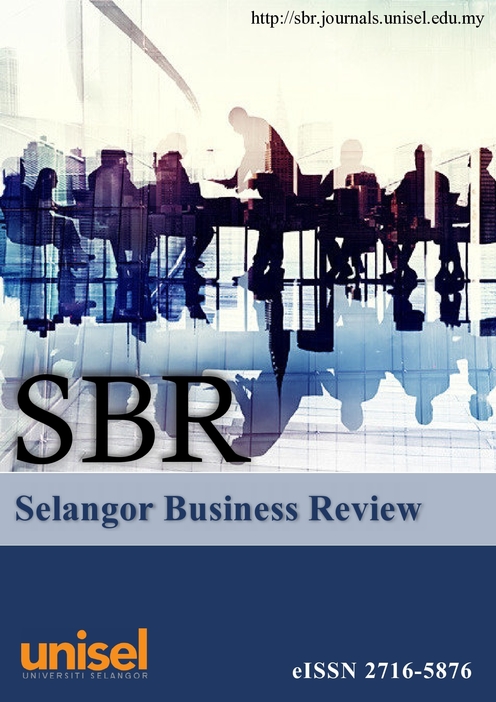Knowledge, attitude, and their impact on household solid waste disposal practices in Selangor
Keywords:
household knowledge, household attitude, Solid Waste Management (SWM), solid waste disposal, local authorityAbstract
Improper household solid waste disposal practices, such as discarding waste into drains, continue to pose significant environmental and public health challenges in Selangor, Malaysia. While knowledge and attitude are widely recognised as key factors influencing responsible waste-related behaviour among households, their combined impact has not been extensively examined at the local level. This study investigates the relationship between household knowledge, attitudes, and solid waste disposal practices in Selangor, a state grappling with an escalating solid waste management (SWM) crisis, driven by rapid urbanisation and rising domestic waste generation. Adopting a quantitative, cross-sectional survey design, data were collected from households across various municipalities in Selangor via a structured online questionnaire. Analysis using SPSS revealed a high average knowledge score (mean = 4.0) and positive attitudes (mean = 4.18) towards waste management. However, the average score for disposal practices was moderate (mean = 2.98), highlighting a disconnect between knowledge, attitude, and actual behaviour. The results indicate that although environmental awareness and concern are widespread, behavioural barriers impede consistent waste segregation and proper disposal. The study underscores the need for strengthened public education and targeted behavioural interventions to address this gap. The results are intended to support policymakers and local authorities in developing more effective, community-centred waste management strategies aligned with sustainability objectives.



